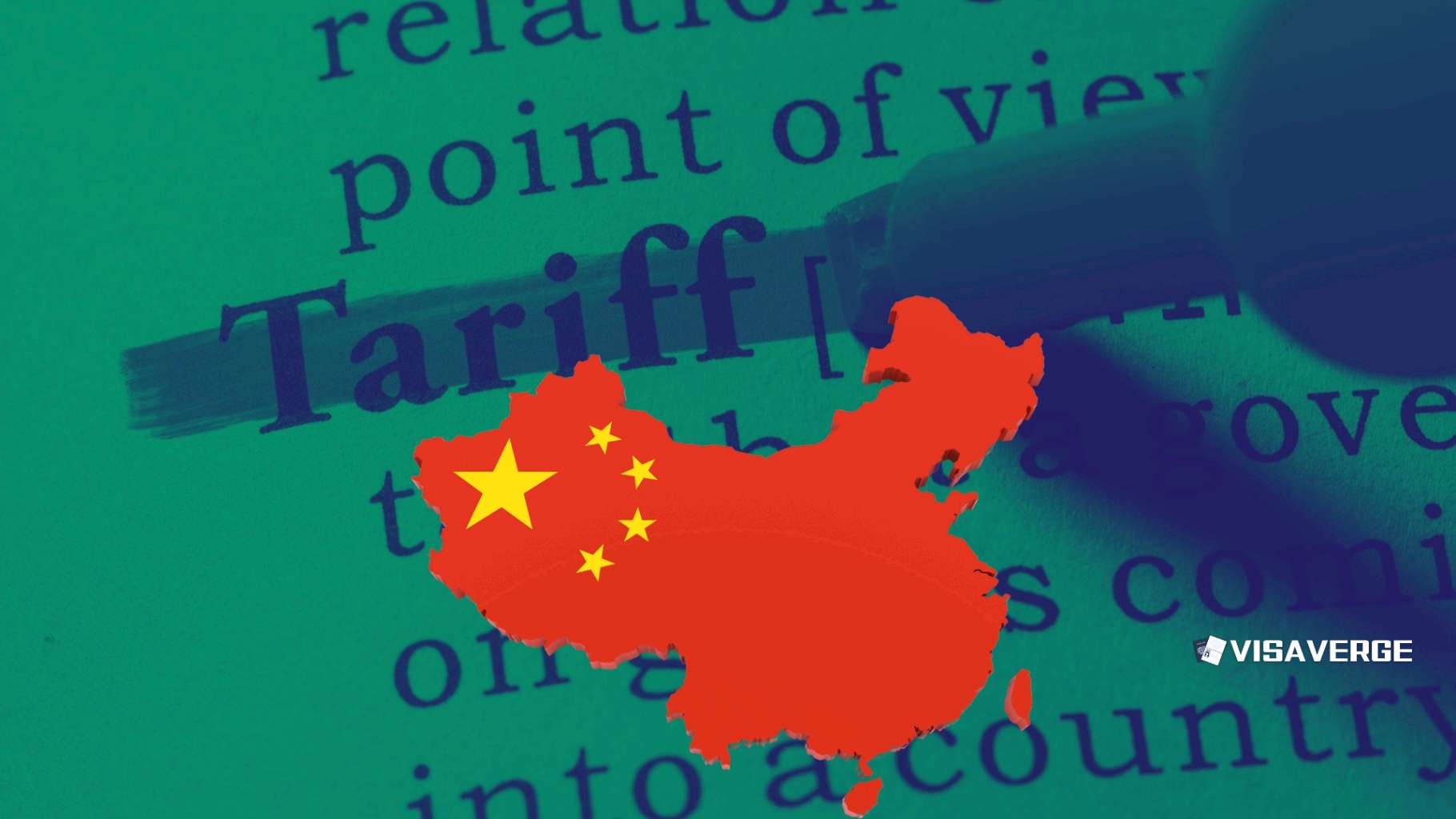Key Takeaways
• Undocumented immigrants have constitutional rights, including free speech, due process, and the right to remain silent under U.S. law.
• Activists urge noncitizens to carry “Know Your Rights” materials, seek legal counsel, and avoid signing documents without consulting attorneys.
• Rights vary by context; expedited removal bypasses hearings, and local cooperation with ICE differs across jurisdictions, affecting enforcement risks.
Individuals in the United States, whether citizens or not, possess fundamental rights protected by the Constitution. Activists and legal advocates emphasize this message to remind the public that even those without legal immigration status are entitled to specific protections under U.S. law. These protections include rights to free speech, due process, and the ability to remain silent, among others. However, exercising these rights can sometimes present challenges or risks for undocumented immigrants, making awareness and preparation key.
The U.S. Constitution’s First Amendment guarantees everyone in the country, including undocumented immigrants, the right to free speech and peaceful assembly. This means immigrants, regardless of their legal status, have the ability to participate in protests, engage in political expression, and advocate for their opinions. Despite this legal protection, undocumented individuals may face additional risks when exercising these rights. For instance, attending a protest may expose someone to encounters with law enforcement, which activists warn could lead to questions about their immigration status. Although the right to participate exists, noncitizens must be mindful of the local political and enforcement landscape to lessen potential risks.

One of the most essential rights activists stress is the right to due process. This right is enshrined in both the Fifth and Fourteenth Amendments of the Constitution, which protect individuals from the arbitrary denial of life, liberty, or property. Importantly, the U.S. Supreme Court affirmed this principle in the 1993 case Reno v. Flores. In that decision, Justice Antonin Scalia stated that “it is well established that the Fifth Amendment entitles aliens to due process of law in deportation proceedings.” For undocumented immigrants, this means they are entitled to a fair hearing before an immigration judge and can present their case before facing any removal from the United States. However, there are exceptions to this rule. For example, the “expedited removal” process allows immigration authorities to deport individuals without a formal hearing in certain situations. This exception applies mainly to people apprehended near borders or those who fail to prove they have resided in the U.S. for a prolonged period. Such policies highlight both the importance and limitations of due process protections.
Another vital right, and one frequently discussed by activists, is the right to remain silent. This right stems from protections in the Fifth Amendment, which applies to everyone in the U.S., regardless of citizenship or immigration status. When approached or detained by law enforcement or Immigration and Customs Enforcement (ICE) officers, individuals are not required to answer questions about their immigration status, nationality, or country of origin. Activists advise noncitizens to exercise this right, particularly in sensitive encounters with officials, to protect themselves from providing information that could be used against them. Carrying “Know Your Rights” cards, issued by organizations like the Immigrant Legal Resource Center (ILRC), can help noncitizens assert this right safely.
Equally important for noncitizens is the right to seek legal counsel. While the U.S. government is not required to provide attorneys in immigration proceedings, noncitizens can and should hire legal representation or ask for pro bono (free) assistance. Immigration proceedings, which can have life-changing consequences, are complicated, and having a lawyer can significantly affect the outcome of a case. Activists strongly encourage undocumented individuals to connect with immigration attorneys in advance and have their contact information readily available.
To ensure noncitizens are well-prepared, many organizations offer resources and educational tools. For instance, activists distribute wallet-sized cards listing constitutional rights and provide guidance on how to act during encounters with law enforcement. Some of these materials are translated into multiple languages, ensuring accessibility across diverse immigrant communities. Additionally, advocacy groups help spread awareness about safety tips for public demonstrations. For instance, they suggest documenting contact details for legal support, disabling phones to protect privacy, and refraining from posting protest content on social media to avoid surveillance. These precautions are particularly important given reports of law enforcement monitoring public events, including protests, which can complicate matters for vulnerable populations.
When noncitizens are arrested at a protest or during any other interaction with law enforcement, activists emphasize specific steps to follow. The first and perhaps most important step is to exercise the right to remain silent and request a lawyer. This ensures that the individual does not inadvertently share information about their immigration status that could be used against them. Additionally, noncitizens are advised to refuse to sign any documents without consulting legal counsel. Many also underscore the importance of not pleading guilty to any charges without first speaking to an immigration attorney, as a guilty plea could carry immigration consequences that extend beyond criminal penalties.
Beyond encounters with law enforcement, noncitizens have other notable rights that advocates regularly highlight. In the workplace, undocumented workers are entitled to fundamental protections, such as receiving the minimum wage and overtime pay. They also have the right to work in conditions that meet health and safety standards. While challenges like employer retaliation exist, labor laws protect all workers, regardless of status.
Additionally, noncitizen children have the right to enroll in public schools, a protection established by the Supreme Court’s 1982 decision in Plyler v. Doe. This case ensured that states could not deny undocumented children access to public education, recognizing the long-term benefits of education to society as a whole. Some states go further, extending opportunities like in-state tuition for undocumented students pursuing higher education.
Undocumented individuals also have the right to own property in the United States, hold mortgages, and participate in family law matters. For example, they can obtain child custody orders and fulfill child support obligations. However, as with public demonstrations, exercising these rights occasionally comes with the risk of being reported to immigration enforcement. For this reason, activists advise individuals to carefully assess their local communities and understand the relationship between local law enforcement agencies and ICE. Recent reports indicate varying levels of cooperation across jurisdictions, meaning some cities and states are less likely to involve federal immigration authorities than others.
Organizations across the country offer essential support for noncitizens navigating these complex issues. For example, Michigan United conducts training programs to educate individuals on their rights, while groups like the Arab American Civil Rights League (ACRL) manage 24-hour support hotlines to help those in immediate need. These efforts aim to provide noncitizens with both the knowledge and resources to protect their rights, regardless of their immigration status.
Preparation is a central theme in the guidance provided by advocates. Noncitizens are encouraged to plan ahead in case of encounters with ICE or other authorities. Steps include organizing important documents, identifying trusted individuals to care for children or property if needed, and memorizing essential contact numbers. By taking these precautions, individuals can ensure they are prepared for potential emergencies and minimize disruptions to their lives.
In summary, the message that “you have rights, regardless of immigration status” remains a cornerstone of activists’ efforts to empower undocumented individuals. Fundamental protections like free speech, due process, the right to remain silent, and access to legal counsel ensure fairness and dignity for all individuals, regardless of citizenship. However, the practicalities of asserting these rights require careful consideration and often depend heavily on local enforcement dynamics. Collaboration between activists, community organizations, and legal experts is vital to equipping noncitizens with the knowledge and tools they need to navigate these challenges effectively. As noted by VisaVerge.com, staying informed and prepared remains one of the most effective ways for noncitizens to safeguard themselves and participate in civic life without undue fear. Further details on immigration law and resources can be explored on the U.S. Citizenship and Immigration Services website: USCIS.gov.
Learn Today
Due Process → A legal requirement ensuring individuals receive fair treatment and hearings before any deprivation of life, liberty, or property.
Expedited Removal → A process allowing authorities to quickly deport noncitizens without a formal court hearing in specific circumstances.
Fifth Amendment → A constitutional provision granting protection against self-incrimination and guaranteeing due process for all individuals in the U.S.
Know Your Rights Cards → Small informational cards outlining constitutional rights, used by noncitizens to assert legal protections during law enforcement encounters.
Plyler v. Doe → A 1982 Supreme Court case establishing undocumented children’s right to access public education in the U.S.
This Article in a Nutshell
In the U.S., constitutional rights extend to everyone, including undocumented immigrants. Protections like free speech, due process, and remaining silent empower noncitizens. However, exercising these rights can carry risks, especially during encounters with law enforcement. Activists stress awareness, preparation, and legal counsel to navigate these challenges and safeguard fundamental freedoms effectively.
— By VisaVerge.com
Read more:
• Tom Homan Criticizes Immigrants for Using “Know Your Rights” Campaigns
• Texas Senate Bill 4: Key Impacts on Immigration and Your Rights
• What to Do if ICE or Police Knock on Your Door: Know Your Rights
• How to Navigate Legal Rights and Risks for Mixed-Status Families
• How Red Cards Empower Immigrants: Rights Protection During ICE Actions













